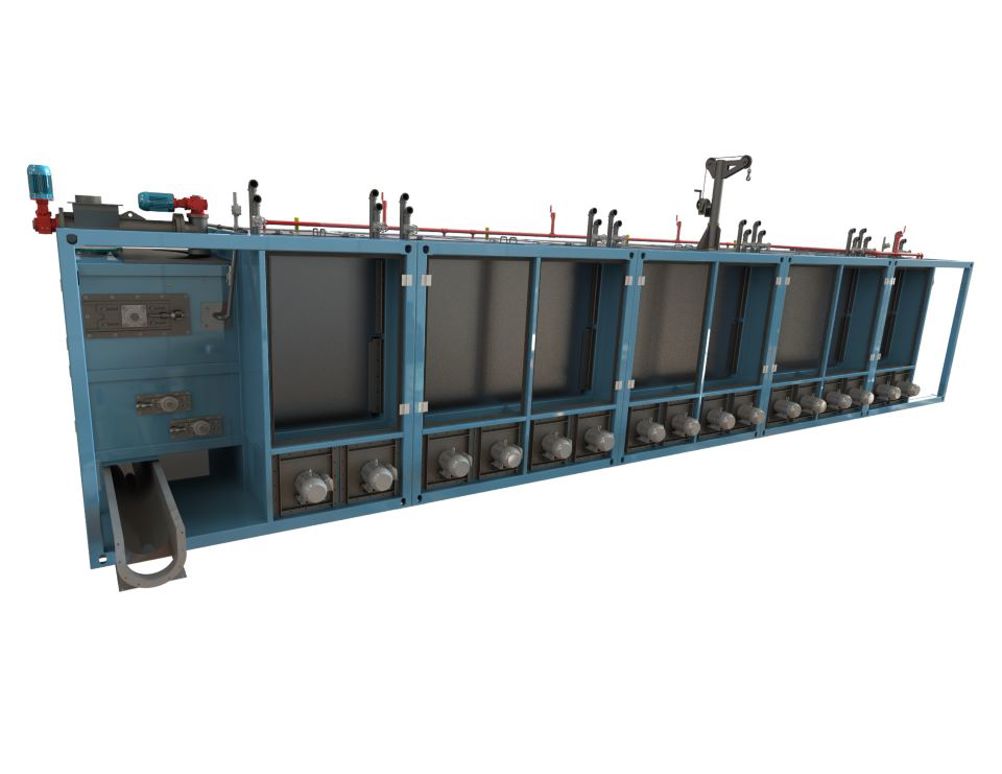The upgrade will include a Centrisys USA-manufactured CS21-4 HC dewatering centrifuge and a DLT420 low-temperature belt dryer. The upgraded equipment will allow the City of Seaside to meet Western Oregon regulations that mandate the elimination of Class B cake in landfills.
Currently, the City of Seaside’s aging dryer faces frequent downtime, and spare parts are not readily available. The current dewatering belt press processes 365,000 gallons of wastewater a week; the new Centrisys centrifuge will process that quantity in three days – increasing capacity and lowering costs for the plant.
The proposed plant modification includes the removal of the existing sludge dewatering belt press and an aging sludge dryer and hot oil system, and the installation and optimization of a decanter centrifuge for dewatering aerobically digested sludge (Centrisys CS21-4HC) and the State of Oregon’s first low-temperature belt dyer to thermally dry aerobically digested sludge (Centrisys DLT420).

“In the initial phase of our project, we made sure to do thorough analysis and research because this would be the first Centrisys DLT Belt Dryer installation,” said Tony Biamont, wastewater supervisor for the Seaside Wastewater Treatment Plant. “After our Kenosha, Wisconsin factory visit and meeting with the Centrisys/CNP team, we are confident we selected the right partner. Their experience with biosolids processing, equipment, service, and support, cannot be matched in the industry, and like any project, we will address challenges as they arise to ensure this upgrade will support our plant for many years to come.”
“The City of Seaside has been a leader in the state of Oregon by implementing a Class A process ten years ago, and their leadership continues with the Centrisys/CNP solids handling upgrade,” said Mark Cullington, operations manager, and vice president with Kennedy Jenks Consultants. “Many communities in Oregon are considering switching to Class A biosolids as a longer-term, viable means by which to manage their wastewater solids. With continued population growth near agricultural lands, landfills at capacity, and demand for soil amendments, a highly marketable US Environmental Protection Agency Class A biosolid product makes sense.”







